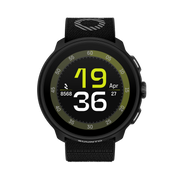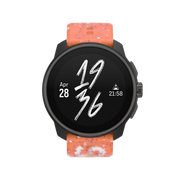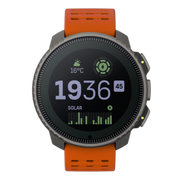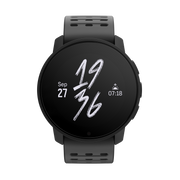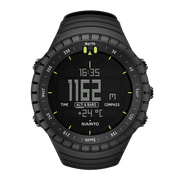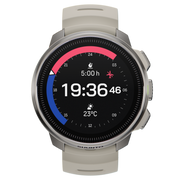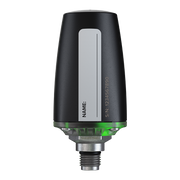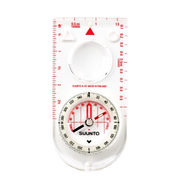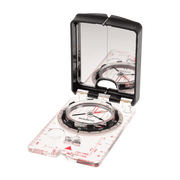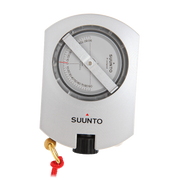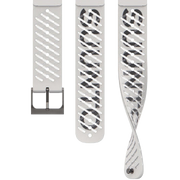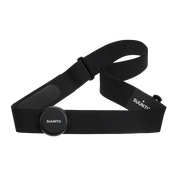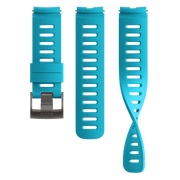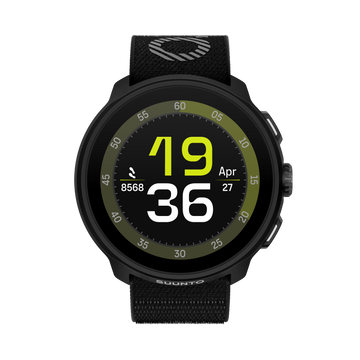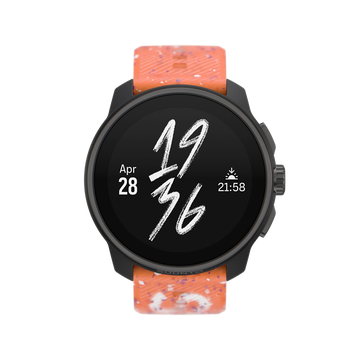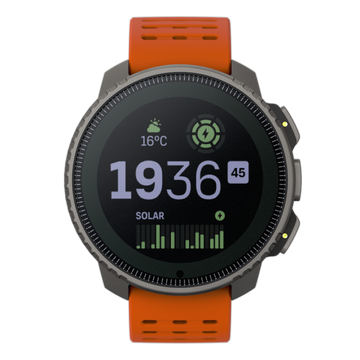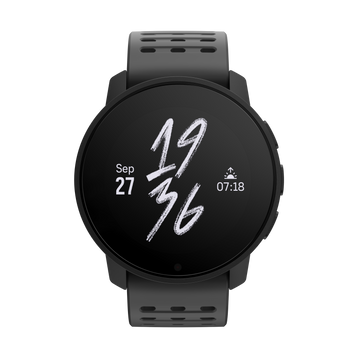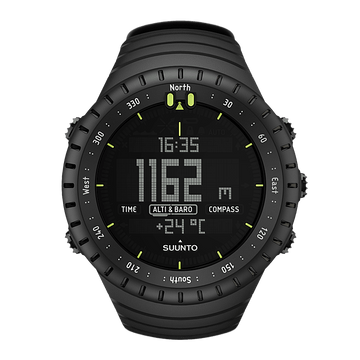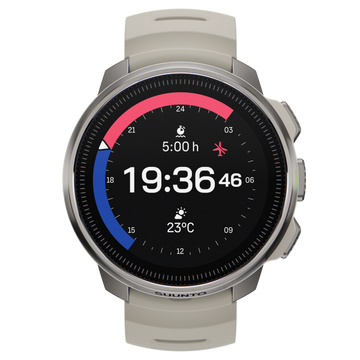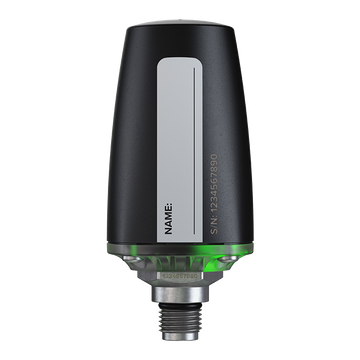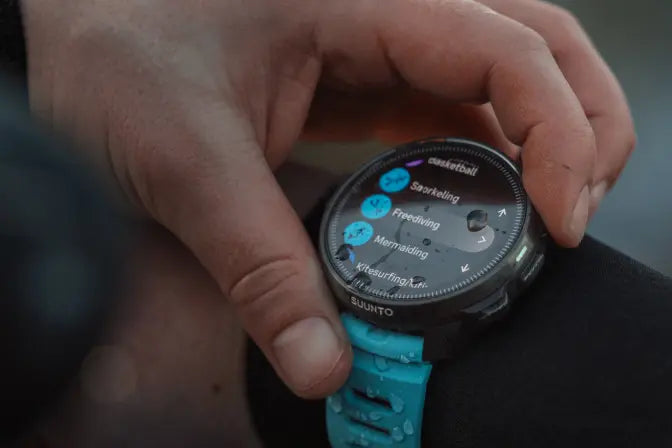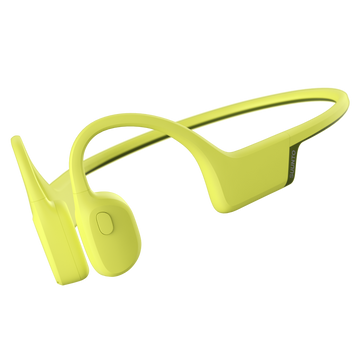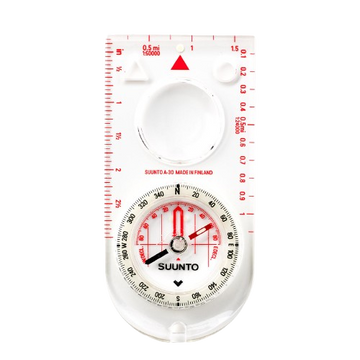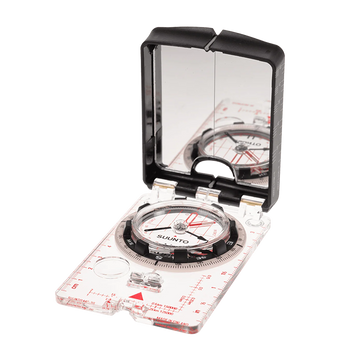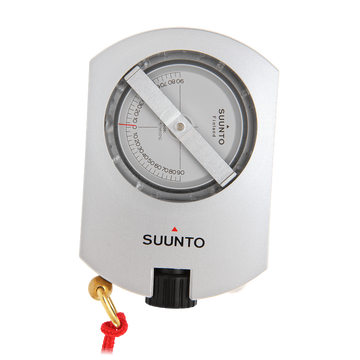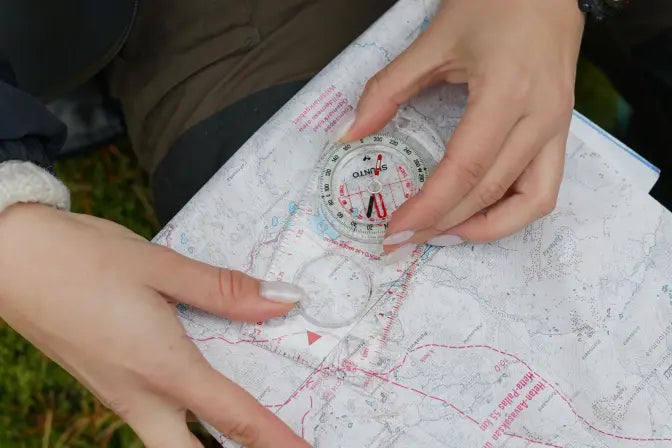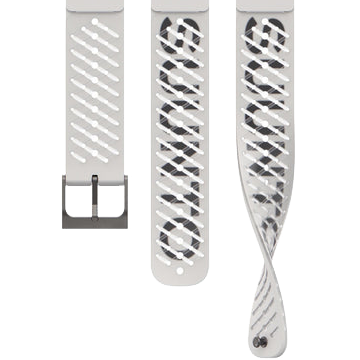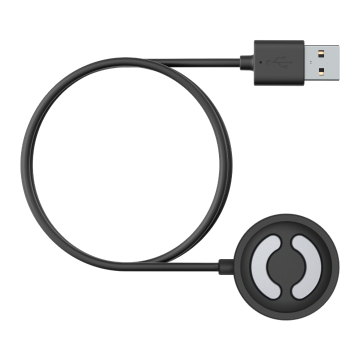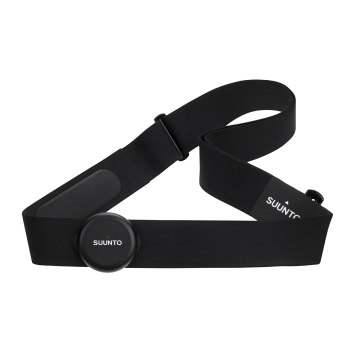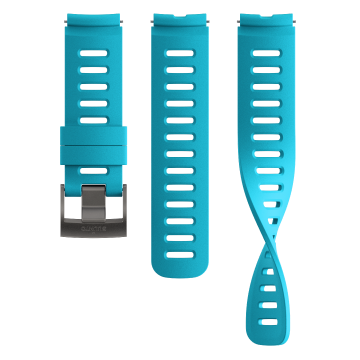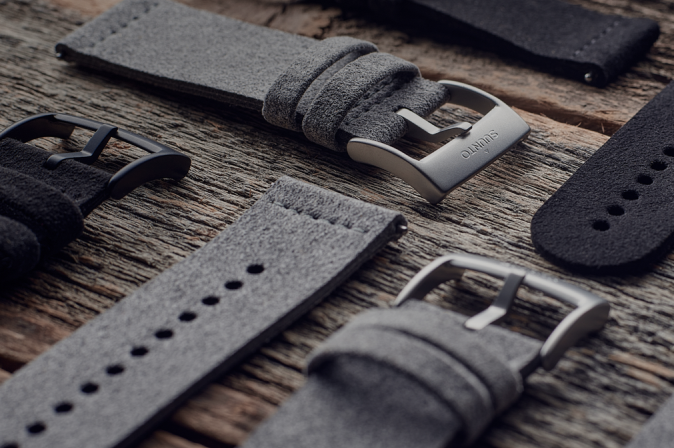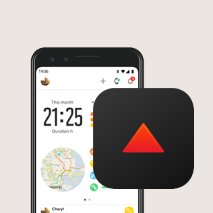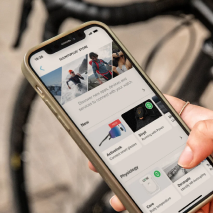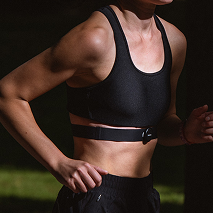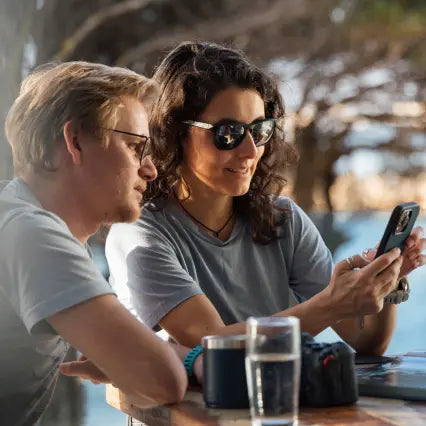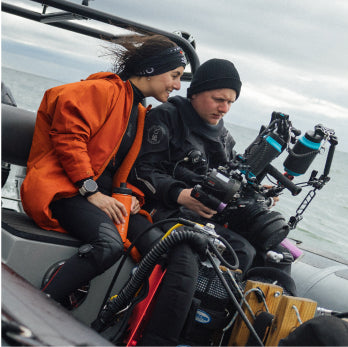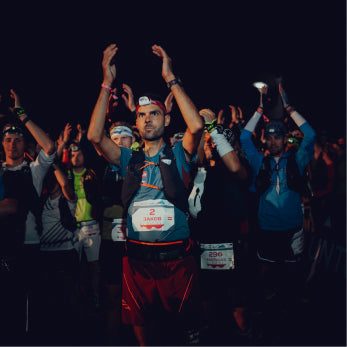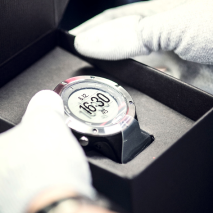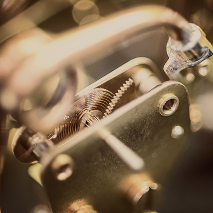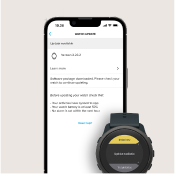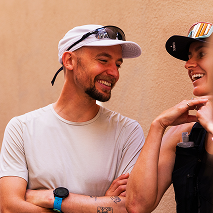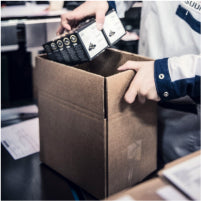

Suunto Blog
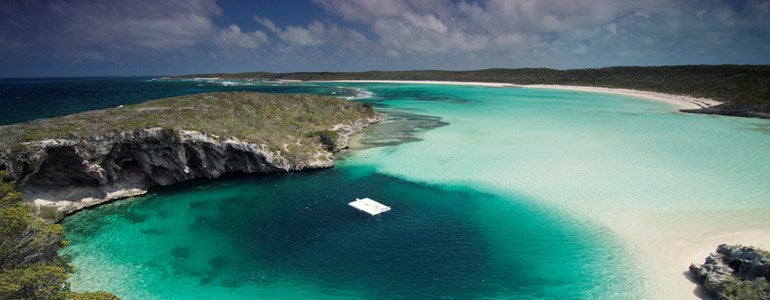
Record breaking first day at Suunto Vertical Blue
On just the first day of Suunto Vertical Blue seven freediving records were set!
Here is a peek at the South American record set by Carlos Coste of Venezuela (64m CNF), along with national records by Mateusz Malina of Poland (113m FIM), and Samo Jeranko of Slovenia (102m CWT). Enjoy!
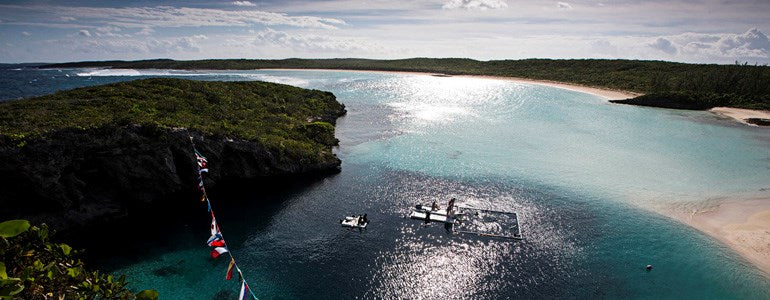
Top freedivers prepare for Suunto Vertical Blue 2014
Freediving is a sport that pushes the limits of human possibility. Divers descend to incredible depths of the ocean – all in a single breath. From November 27th to December 5th, the world’s top freedivers will gather in the Bahamas for one of the largest freediving competitions – the Suunto Vertical Blue. Founded and organized by record-breaking freediver William Trubridge, the invitational competition will see 35 divers from 19 countries compete at Dean’s Blue Hole in the Bahamas. Plunging to a depth of more than 200 meters, Dean’s Blue Hole has a reputation for being one of the greatest freediving locations on the planet. Its deep, warm and calm waters provide freedivers with the perfect environment to attempt to break national and world records, or exceed their own personal bests.
This year, Alexey Molchanov and William Trubridge will renew a rivalry that has intensified over the last couple of years. Between them they hold the current world records in the sport’s most popular depth disciplines. Trubridge is looking to improve on his world record 2010 CNF dive to 101 m. “It's the purest discipline,” he says.As for the ladies, the competition between Misuzu "Mimi" Okamoto and Tomoka Fukuda will be one to watch – they were both on the Japanese national team along with Hanako Rose – who took gold at this year's World Championships in Italy.
Says organizer William Trubridge: “This year's Suunto Vertical Blue promises to be another gripping event. The beauty of the event is that every athlete gets up to six attempts, so they can build up to huge performances and record attempts, or try to consolidate across all three disciplines for the overall prize. This is a recipe for nail-biting finishes and monster performances in the world's best freediving location.”Says Joan Sola, global sports and community marketing manager for Suunto: “We are pleased once again to be a partner of Suunto Vertical Blue, which brings together the world's top freedivers. Whether pushing the boundaries of human possibility or their own potential, it is an amazing festival of freediving. Suunto has worked with William for a number of years and we are proud to support him in his many record-breaking dives.”
We will be updating these pages regularly with the latest news from Dean's Blue Hole. You can also follow live on the official Vertical Blue Facebook page.
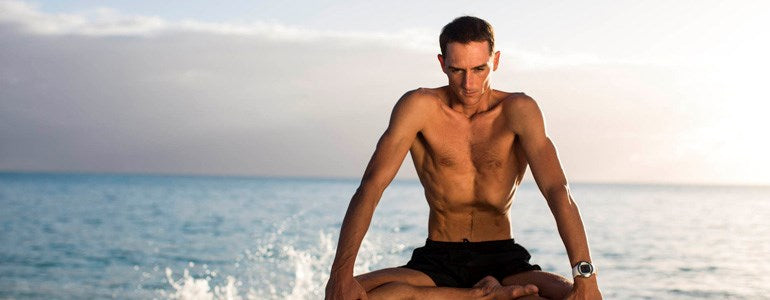
Infographic: What happens when you go deep?
What happens to the body when you go deep? This infographic explains some of the physiological changes that the body goes through on a dive. But one thing it can't explain – and that's the feeling.
Says Will Trubridge: “I love freediving because it's an opportunity to escape from gravity, sound, light (if you go deep) and even the sensation of time passing. A deep freedive can be like a dream, in that all the rules of reality seem changed.”
Dive in below to discover more about the sport, the physiology and the different disciplines...
infographic created by: zooom.at/Adi Sumic
The Dive Reflex
It is often said that humans are perfectly adapted for diving underwater thanks to the 'mammalian or dive reflex' – something we share with other aquatic mammals such as whales and dolphins. The main feature of this is the way the heart rate automatically slows once the face is submerged in water to reduce oxygen consumption. The dive reflex kicks in again after approximately 25 m: the heart rate slows by as much as 50% and vasoconstriction takes place. This is where warm blood retreats from the body's extremities to protect core organs.
At this depth most divers can stop swimming. “Here I have lost enough buoyancy from lung shrinkage under pressure that I can stop swimming and freefall for the rest of the descent,” says Will.
Freediving Disciplines:
There are three main depth disciplines in competition freediving: Constant Weight No Fins (CNF): The freediver descends and ascends without any assistance (only using arms and legs without fins).Constant Weight with Fins (CWT): The freediver descends and ascends using fins/monofin and the use of arms.Free Immersion (FIM): The freediver dives without the use of fins/monofin, but pulls a rope during descent and ascent.Says Trubridge: “CNF and CWT are the two most popular disciplines. CWT gives the deepest performances, while CNF is seen as the purest expression of human aquatic potential. FIM is more of a relaxed discipline, but there are definitely some very serious practitioners there as well!”
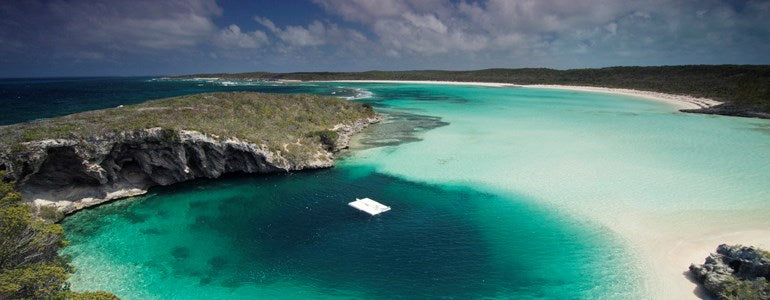
Suunto Vertical Blue: the venue that makes it so unique
The location for the Suunto Vertical Blue could not be more conducive to diving deep. Dean's Blue Hole is a natural wonder and is the deepest known blue hole in the world. Situated off Long Island in the Bahamas, it opens up approximately 10 m beneath the surface before plunging to 202 m. “It has a reputation for being the greatest freediving location on the planet,” says multiple record holder and Vertical Blue organiser Will Trubridge. “Its deep, warm and calm waters which are literally a step off the beach, provide the best environment for freedivers to attempt to break national or world records, or just to exceed their own personal bests.
Spectators on the beach. Photo ©zooom.at/Samo Vidic
“Spectators can watch the whole event from the warm Caribbean water, while feasting on local seafood salad that is prepared on the beach,” he adds. “It is an event like no other, not just in freediving, but in all sport.”One of the area's attractions is also its remoteness. Long Island, Bahamas is not as developed as many Caribbean destinations – just getting there is an adventure. Hotels and bars are laid back and you're unlikely to bump into lots of other tourists. In fact, during the nine days of Suunto Vertical Blue, probably every hotel guest will be a fellow freediver, which adds to the familiar atmosphere that makes the event so special. Dean's Blue Hole, the view from 15m. Photo: zooom.at/Agustin Munoz
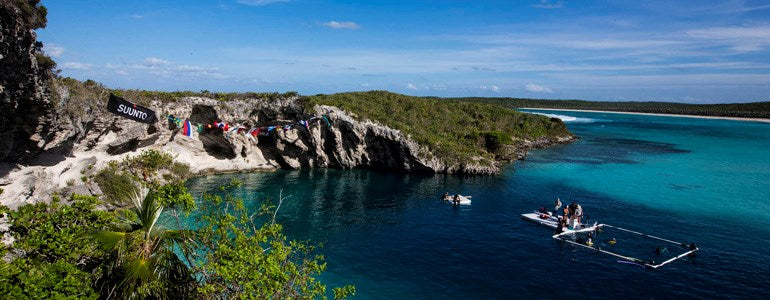
Dive into the world of a freediver
Will Trubridge has broken numerous freediving records but below, he reveals why he dives for the sense of exploration. Are you training for anything special? The fall is always the period of the year when I try and peak my training, so if everything has been going well over the summer then I will try to focus my efforts on one of the disciplines and see where I can get to. Is Molchanov's CWT record breakable? Every record is breakable! I worked hard on my CWT technique between 2012-2013, and I had an attempt in 2012 at the world record which failed by a whisker –forgetting to remove my nose clip on the surface. That dive was 125 m, and the record is now 128 m, so it is now an even bigger challenge, but not out of reach. My speciality has always been the no-fins discipline though, and it is also the one I enjoy the most. This year I'm concentrating more of my energy there.
Remind us why you freedive and what the sport means to you.I do it mostly for the sense of exploration and the challenge. By diving deeper than the human body has ever been we are redefining our limits as a species, and it is exciting to be on this frontier. I'm also the kind of person who needs to be challenged, mentally and physically, and freediving is a sport that supplies both.
Beyond both these answers, the sensation of merging with the water, and sinking deeper into a place where sounds, light, and all other stimuli are muted is an other-world experience that I am blessed to be able to enjoy.It must be tough having to train in all these locations like the Caribbean, Honduras...Tell me about it. I often long for a cold drizzle or snowfall... not! In fact I try not to forget that being able to combine a passion with a career and to be able to travel to all these magnificent places and dive in them is a dream. I'm grateful for every day and every second underwater.
It seems freedivers must lead very pure lives. Do you have any vices? I get so much fulfillment and nourishment from what I do that I really don't feel the need for anything more, especially something that comes at a price, like a vice does! However, could you call drinking hot sauce from the bottle a vice?Looking ahead, where do you think the sport is headed? Is it going to get more popular?Yes, I think it is. Some say our generation is living in an environmental and spiritual revolution, and freediving is a sport that ties in well with both those ideas. It simultaneously brings you back into touch with yourself and the environment in a way few other performance sports do. It is also the only truly aquatic (immersed) sport, so it offers an experience that is unparalleled in any other activity. A lot of people are discovering this, and finding a rewarding sport that leaves a light impression on our planet while drawing us closer to it and ourselves.Main image and portrait ©Samo Vidic. Underwater image ©Agustin Munoz
